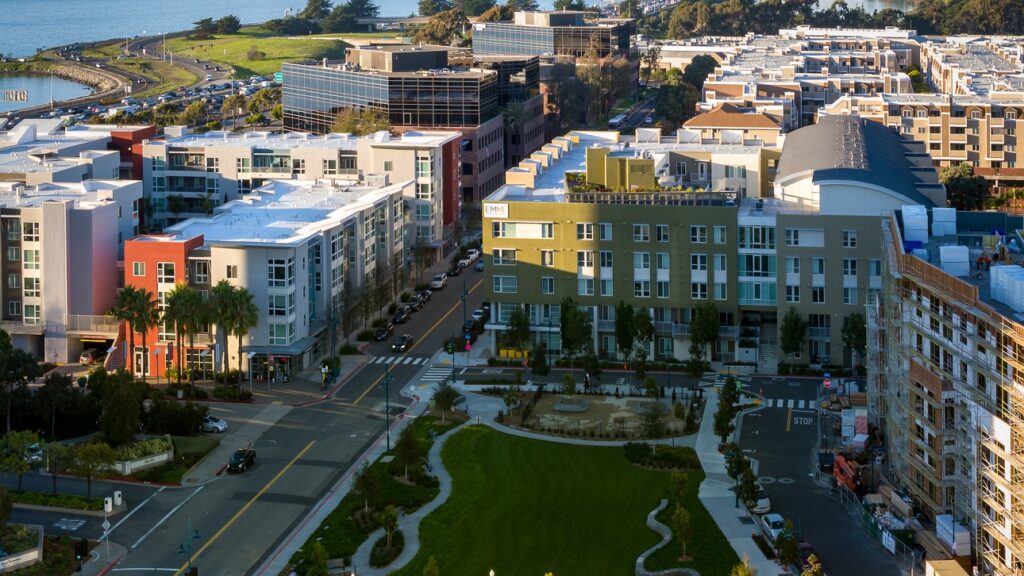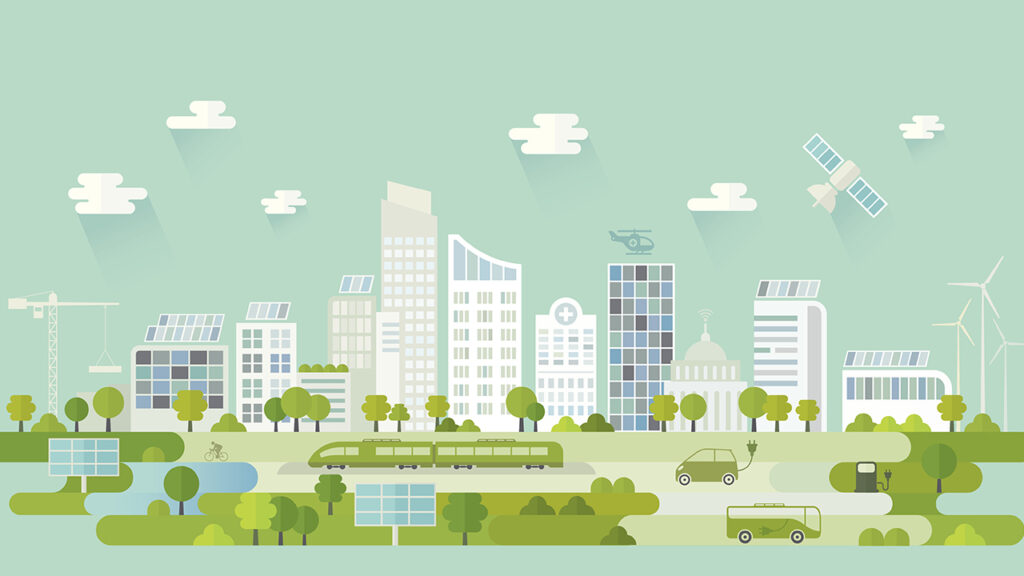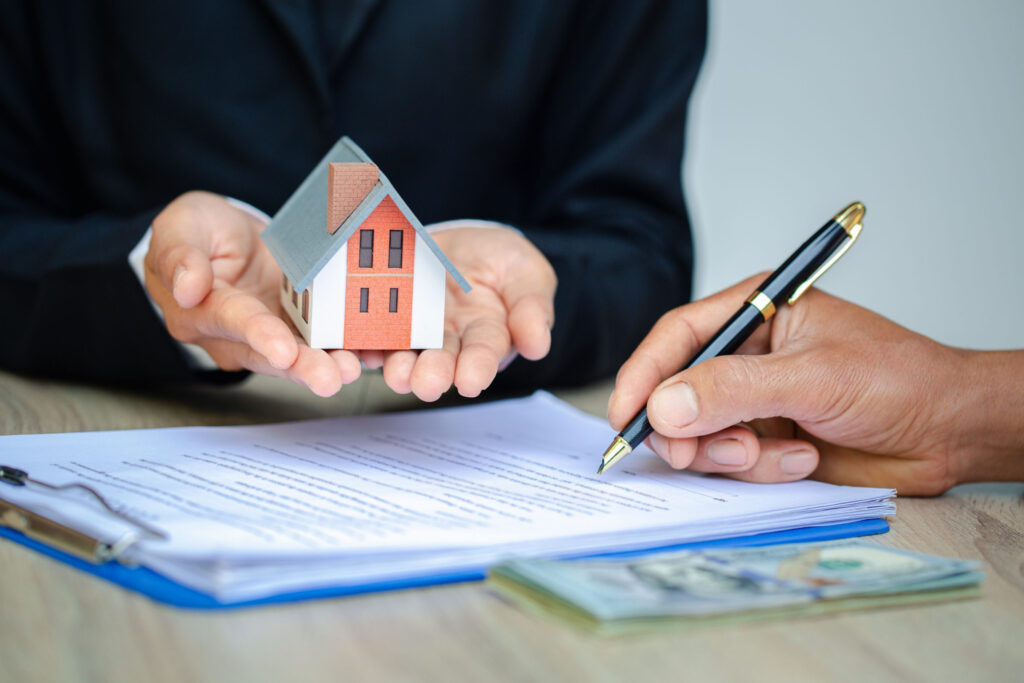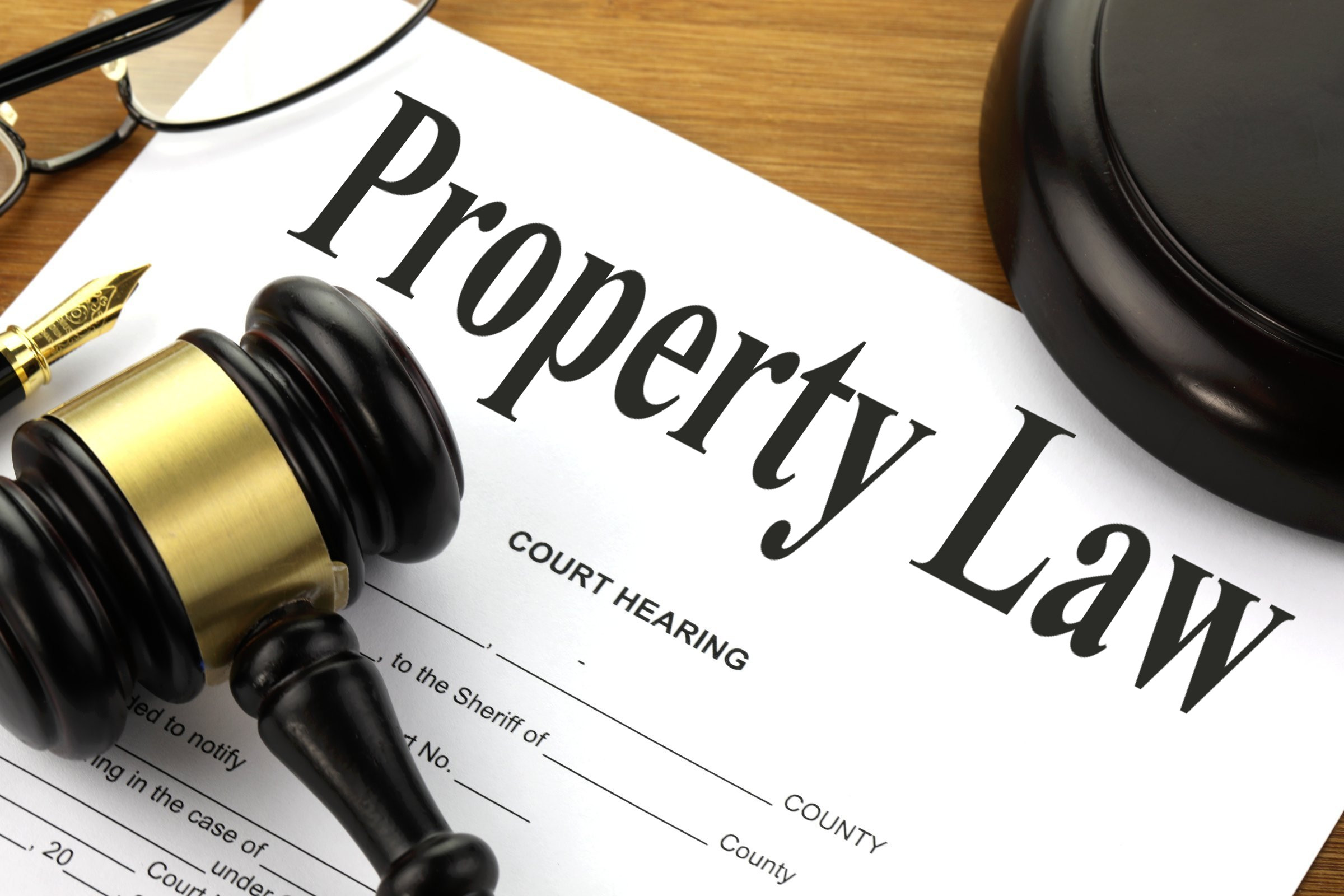Sustainable urban development has become an essential concern for policymakers, urban planners, and environmentalists alike. As cities continue to grow and expand, there is a pressing need to ensure that development is not only economically viable but also environmentally and socially sustainable.
In this context, property law plays a crucial role in shaping and guiding the urban development process. By understanding the fundamentals of what is property law and its relationship with sustainable urban development, we can explore various challenges and opportunities that arise in this dynamic field.
Understanding Property Law: A Brief Overview
Property law is the branch of law that governs the ownership, use, and transfer of real and personal property. Real property refers to immovable assets such as land and buildings, while personal property includes movable assets like vehicles and furniture. Property law aims to establish a legal framework that protects the rights of property owners, facilitates transactions, and promotes social and economic development.

The Basics of Property Law
At its core, property law encompasses several key concepts and principles. One fundamental principle is the right to exclusive possession, which grants property owners control over their property and the ability to exclude others. This right is protected by laws against trespassing and unauthorized use. Additionally, property law establishes mechanisms for delineating and registering property boundaries, ensuring clarity and preventing disputes. Visit https://justicekids.org/how-property-law-shapes-real-estate-transactions-and-investments/ to get how property law shapes real estate transactions and investments.
Property law also plays a crucial role in determining the ownership of natural resources, such as water rights and mineral rights. These resources are often subject to complex legal frameworks that balance the rights of property owners with the need to protect the environment and ensure sustainable use.
Property Rights and Regulations
Property rights are fundamental to property law, as they define the legal rights and responsibilities of property owners. These rights include the right to use, transfer, and exclude others from the property. However, property rights are not absolute and can be subject to various regulations and restrictions imposed by local authorities.
Zoning regulations, for example, determine the permissible land uses and density in specific areas, promoting efficient land use and preventing detrimental development. These regulations help maintain the character and integrity of neighborhoods, ensuring that residential areas remain primarily residential and commercial areas are designated for business activities.
Furthermore, environmental regulations may govern property development to protect natural resources and minimize ecological harm. These regulations aim to ensure that development activities adhere to sustainable practices, such as using renewable energy sources, reducing waste, and preserving green spaces. They may also require property owners to obtain permits or conduct environmental impact assessments before undertaking certain projects.
In addition to zoning and environmental regulations, property law also encompasses regulations related to building codes and safety standards. These regulations aim to protect the health and safety of occupants by setting minimum requirements for construction, electrical systems, plumbing, and fire safety.
Property law is a dynamic field that continues to evolve in response to societal and technological advancements. For example, the rise of digital assets and cryptocurrencies has raised new legal questions regarding the ownership and transfer of virtual property. As technology continues to shape our world, property law will play a crucial role in adapting to these changes and ensuring the fair and efficient regulation of property rights.
The Concept of Sustainable Urban Development
Sustainable urban development seeks to create cities that are environmentally responsible, socially inclusive, and economically vibrant. It emphasizes the need to balance economic growth with environmental protection and social equity. By integrating property law and sustainable urban development, we can foster resilient cities that meet the needs of present and future generations.
When we delve into the concept of sustainable urban development, we find a multifaceted approach that goes beyond mere environmental considerations. It involves a holistic perspective that takes into account the intricate interplay between the environment, society, and the economy. This approach recognizes that cities are complex systems with interconnected elements, and any attempt to address urban challenges must consider the interdependencies between these elements.
Defining Sustainable Urban Development
Sustainable urban development involves considering the environmental, social, and economic impacts of urban growth and taking proactive measures to mitigate negative consequences. It promotes the efficient use of resources, reduces pollution, and advocates for equitable access to services and opportunities for all residents. Additionally, sustainable urban development recognizes the importance of preserving cultural heritage and fostering vibrant communities.
When we talk about sustainable urban development, we are not just talking about building green infrastructure or implementing renewable energy solutions. It goes beyond that. It requires a comprehensive understanding of the social dynamics within a city, ensuring that no one is left behind in the pursuit of progress. It means creating inclusive spaces that cater to the needs of diverse populations, regardless of their socioeconomic status, age, or cultural background.
Key Principles of Sustainable Urban Development
Several key principles underpin sustainable urban development. These include compact development, which promotes higher population densities to reduce urban sprawl and promote efficient land use. Mixed land use is another key principle, encouraging the integration of residential, commercial, and recreational spaces to reduce the need for extensive travel and increase access to amenities. Furthermore, sustainable urban development advocates for the provision of affordable housing, efficient transportation systems, and the preservation of natural areas.
Compact development is not just about constructing high-rise buildings or squeezing more people into limited spaces. It is about creating vibrant, walkable neighborhoods where people can live, work, and play in close proximity. It fosters a sense of community and encourages social interactions, ultimately enhancing the quality of life for residents.

Mixed land use is a concept that recognizes the value of diversity within a city. By integrating different types of land uses, such as residential, commercial, and recreational, we can create vibrant urban environments that cater to a variety of needs. This not only reduces the need for long commutes but also promotes social cohesion and economic vitality.
A crucial aspect of sustainable urban development is the provision of affordable housing. Housing affordability is a pressing issue in many cities around the world, with skyrocketing prices pushing low-income residents out of the urban core. Sustainable urban development aims to address this challenge by implementing policies and initiatives that ensure everyone has access to safe and affordable housing options.
Efficient transportation systems play a vital role in sustainable urban development. By promoting public transportation, cycling infrastructure, and pedestrian-friendly streets, cities can reduce congestion, lower emissions, and improve air quality. These measures not only benefit the environment but also enhance the livability of urban areas, making them more attractive and accessible to residents.
Preserving natural areas within urban environments is crucial for sustainable urban development. Green spaces, parks, and urban forests provide numerous benefits, including improved air quality, enhanced biodiversity, and opportunities for recreation and relaxation. They also contribute to the overall well-being of residents, promoting physical and mental health.
In conclusion, sustainable urban development is a comprehensive approach that aims to create cities that are environmentally, socially, and economically sustainable. It requires a careful balance between various elements, including land use, transportation, housing, and the preservation of natural areas. By adopting these principles and integrating them into our urban planning and development processes, we can create cities that are not only resilient but also enjoyable places to live, work, and thrive.
Intersection of Property Law and Sustainable Urban Development
The relationship between property law and sustainable urban development is complex and multifaceted. Property laws and regulations directly influence urban development patterns, shaping the built environment and determining how resources are allocated. Moreover, property law can either facilitate or impede the adoption of sustainable practices and innovations.
How Property Law Influences Urban Development
Property law influences urban development by providing a legal framework for land acquisition, ownership, and transfer. It establishes the rules for land use and guides the planning and development processes. For instance, zoning regulations determine the permissible uses and building standards in specific areas. By designating areas for residential, commercial, or industrial purposes, property law shapes the spatial organization of cities and influences transportation patterns.
Additionally, property law plays a crucial role in incentivizing sustainable urban development. Governments can offer tax incentives or grants to property owners who adopt eco-friendly practices, such as installing solar panels or implementing energy-efficient building designs. By providing financial incentives and streamlining approval processes, property law can encourage the adoption of sustainable technologies and practices.
Legal Frameworks Supporting Sustainable Practices
Various legal frameworks support sustainable practices in urban development. One example is the establishment of green building codes and standards, which promote energy efficiency, water conservation, and the use of environmentally friendly materials. These frameworks ensure that new constructions meet high sustainability standards, reducing the environmental impact of buildings throughout their lifecycle.
Furthermore, property law can facilitate innovative financing mechanisms for sustainable urban development, such as property-assessed clean energy (PACE) programs. PACE programs allow property owners to finance energy-efficient improvements through loans tied to property tax assessments. These mechanisms overcome upfront cost barriers and encourage property owners to invest in sustainable upgrades.

Challenges in Implementing Sustainable Property Laws
While the potential of property law to promote sustainable urban development is significant, there are also challenges that hinder its effective implementation. These challenges often arise from the need to balance property rights with sustainability goals.
Regulatory Hurdles and Solutions
One of the primary challenges is navigating regulatory hurdles and conflicting interests. For example, property owners may resist sustainability regulations that impose additional costs or restrict property usage. To address these challenges, governments should ensure that sustainability regulations are transparent, predictable, and supported by clear incentives. Providing education and resources to property owners can also enhance their understanding and encourage voluntary compliance.
Balancing Property Rights with Sustainability Goals
Another challenge lies in striking the right balance between property rights and sustainability goals. While property rights are essential for promoting economic growth and individual freedoms, they must be carefully weighed against the collective interest in environmental protection and social equity. This requires a nuanced approach that recognizes the importance of property rights while establishing safeguards to prevent environmental degradation and promote sustainable development.
The Future of Property Law in Urban Sustainability
The future of property law in urban sustainability holds both challenges and opportunities. As cities continue to grapple with rapid urbanization and environmental pressures, property law will need to adapt to address emerging issues and ensure long-term sustainability.
Emerging Trends in Property Law and Sustainability
Emerging trends in property law are beginning to reflect the growing emphasis on sustainability. For example, the concept of green leases is gaining traction, allowing property owners and tenants to collaboratively adopt and measure sustainable practices within leased properties. These leases can include provisions for energy performance improvements, waste reduction, and water conservation.
Moreover, the use of technology, such as blockchain, holds promise for enhancing transparency and efficiency in property transactions. Blockchain-based registries and smart contracts can streamline property transactions and ensure the accuracy and security of property records, contributing to more sustainable and resilient property systems.
The Role of Legal Innovations in Promoting Sustainability
Legal innovations will play a crucial role in promoting sustainability in urban development. Governments and legal practitioners need to explore innovative approaches that address emerging challenges, such as climate change and social equity. This includes developing legal frameworks that incentivize sustainable practices, promoting collaborative governance models, and ensuring access to justice and legal remedies for all stakeholders.In conclusion, property law has a critical role to play in shaping and promoting sustainable urban development. By establishing legal frameworks that protect property rights, regulate land use, and encourage sustainable practices, property law can drive positive change and create more resilient and inclusive cities. However, the challenges of balancing property rights with sustainability goals require careful consideration and innovative approaches. Embracing legal innovations, fostering collaboration, and staying attuned to emerging trends will be pivotal in harnessing the full potential of property law to build sustainable cities for future generations.
